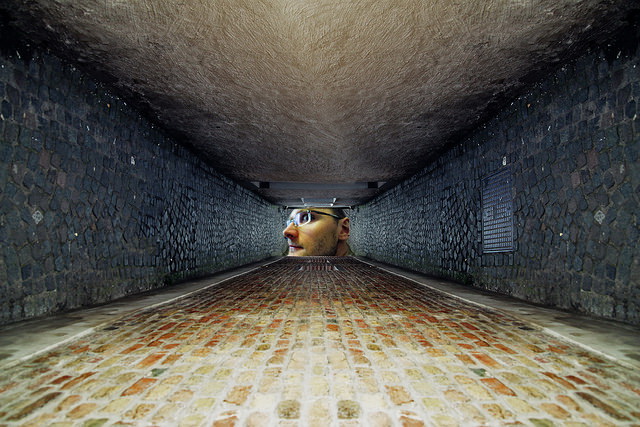Tag Archives: How and Why cognitive processes
Cognitive and Cognitive Behavioral Therapies

According to the Merriam-Webster dictionary when used in the more general everyday language, cognitive means, “relating to, being, or involving conscious intellectual activity (as thinking, reasoning, or remembering)”. To simplify this, let’s consider this as having to do with how we think.
How we think is a very basic rudimentary process. When we are sitting around with a group of friends and somebody asks, “Do you remember…” and others nod in the affirmative they are using their cognitive resources in their most basic form. This type of cognitive use is often informal.
In the contemporary scientific world of psychology add the word behavioral to cognitive and you change the whole meaning of the word from a description of how we think to why we think in certain ways.
All of us carry within us a given set of reactions or responses to our thoughts. For most those responses pose no significant problem. We have become accustomed to behaving in certain ways when faced with different events. The exception are those who temporarily or chronically experience their thoughts as out of the range of normal, a condition sometimes referred to as distorted thinking.
It is in the why of cognition that additional ideas can cause maladaptive behaviors to occur. Think about it this way, if you are presented with solving a simple math equation such as 2 + 2 =?, little effort is needed to come up with the answer. Add into that mix the numeric values of 3.97, 52, and -12.5 and decisions become more challenging. Yet, in both cases you use your well learned HOW cognitive processes. As the problem or mental association become more complex there is no simple and learned HOW cognitive process to point out. Cognitive behavioral therapy focuses on WHY you thought the way you did and selected this particular HOW process. In other words, in the psycho-therapeutic world of behavioral cognition the therapist focuses not so much on how you came to behave in certain way, but rather why are you behaving this way?
Was it a part of the normal pattern of thinking that pushed you into anxiety and depression, or are there unique circumstances that caused you to step outside the lines of how you think? There are reams of paper dedicated to telling us how we think. Most sit in the archives of world-wide scientific research. Early in the practice of how we think was and remains an act of making choices between this or that. It’s really fairly black and white. We face decisions, we react automatically to those decisions, and then go on our merry way. This is how we think.







